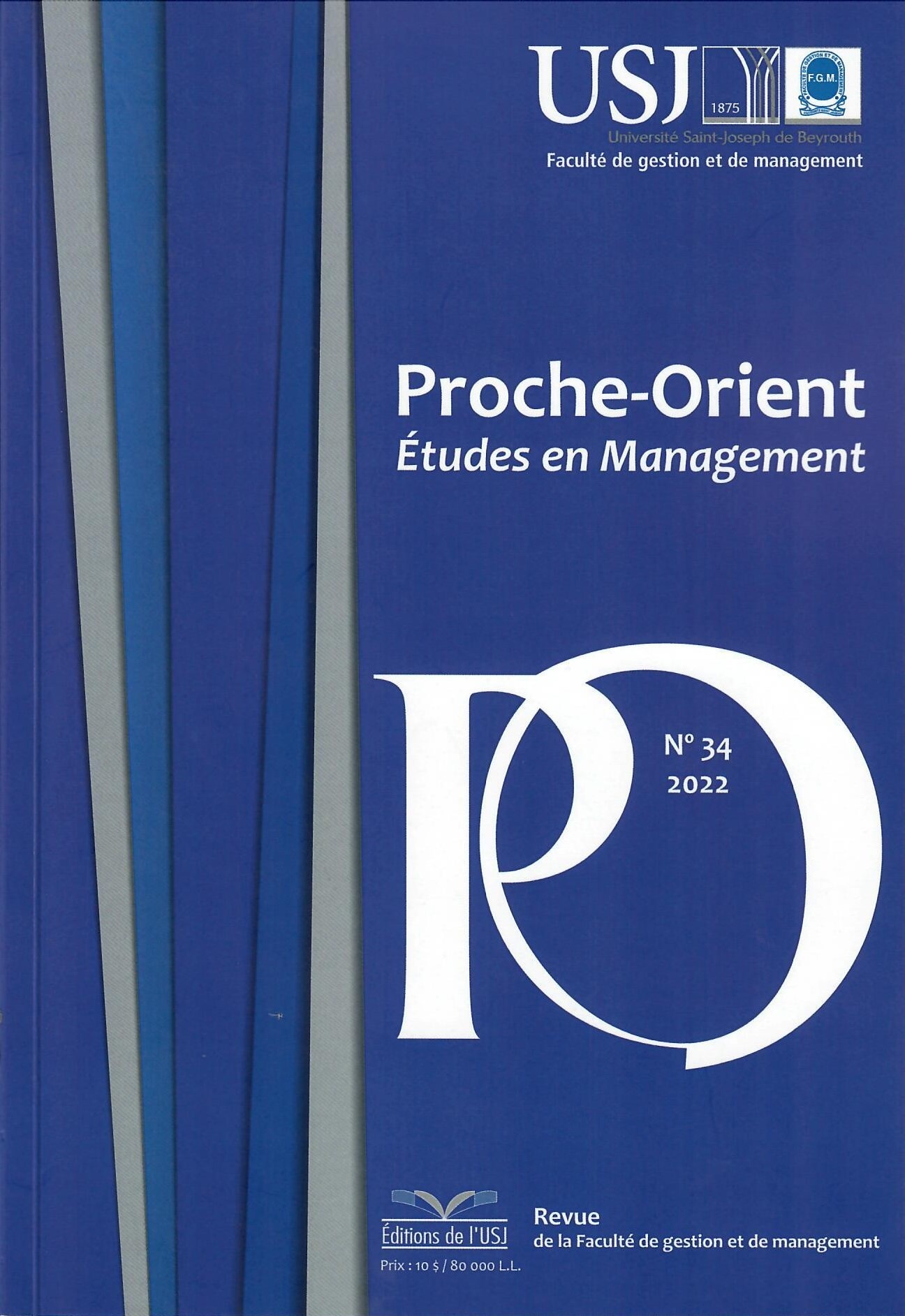Abstract
Lebanon is currently going through an unprecedented economic, banking, monetary and sovereign crisis. This crisis is explained by several factors specific to the Lebanese economy with a combination of obstacles since the end of 2010, more specifically: an unstable geopolitical context since 2011 with the war and conflicts in Syria and the arrival of refugees in Lebanon; a lack of transparency in the management of public finances where corruption and clientelism reign and failing economic institutions leading to high public debt; costly financial engineering adopted by the Central Bank, in the absence of reforms, designed to attract dollar deposits to sponsor the government deficit relying on new depositors to pay old depositors (similar to the Ponzi scheme); a default in March 2020 and a deterioration in the country’s rating; an economic collapse aggravated by the Covid pandemic and the loss of infrastructure following the explosion at the port of Beirut; loss of foreign reserves; a liquidity crisis; a massive devaluation of the Lebanese Pound; record inflation; a disproportionate fall in purchasing power; a very high unemployment rate; continued political uncertainty; dependence on foreign funds to finance the external deficit, etc.

